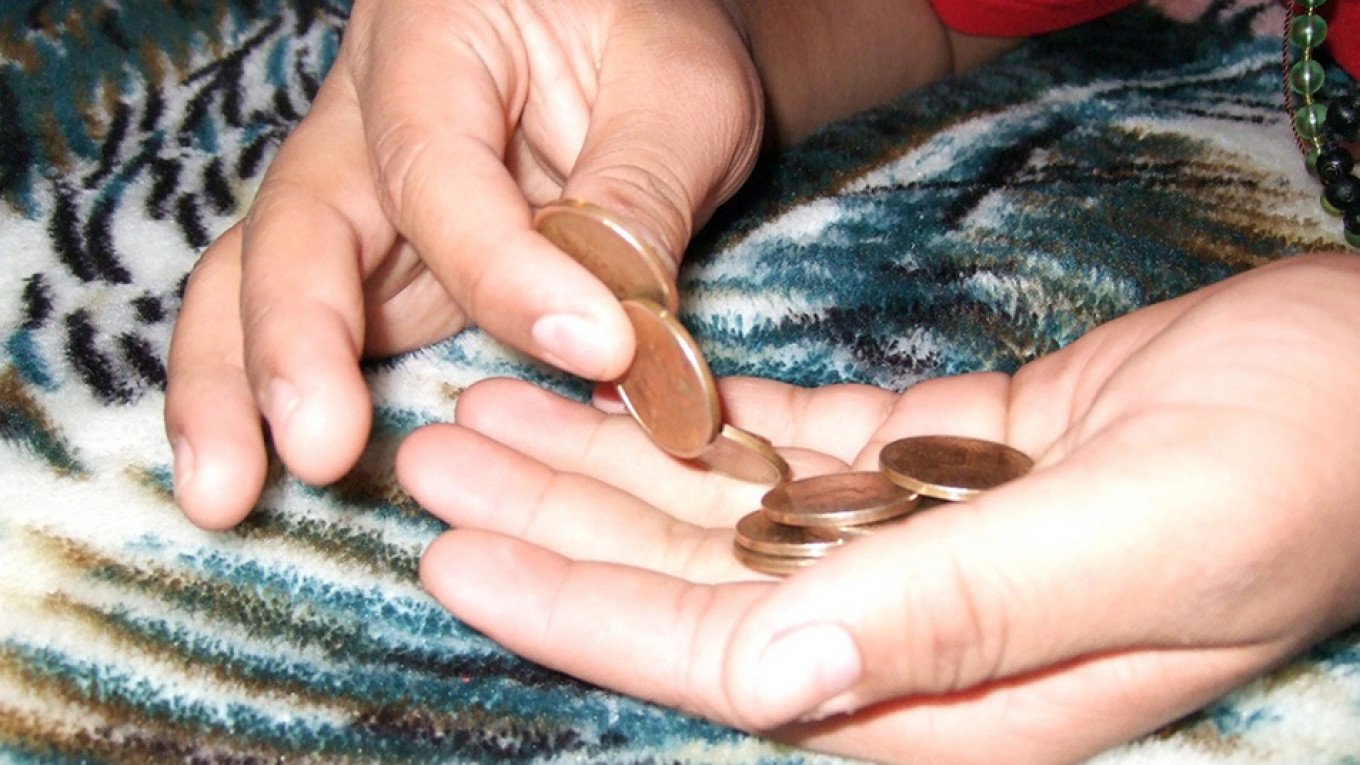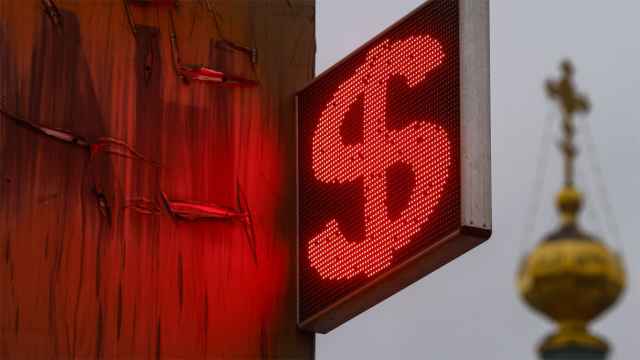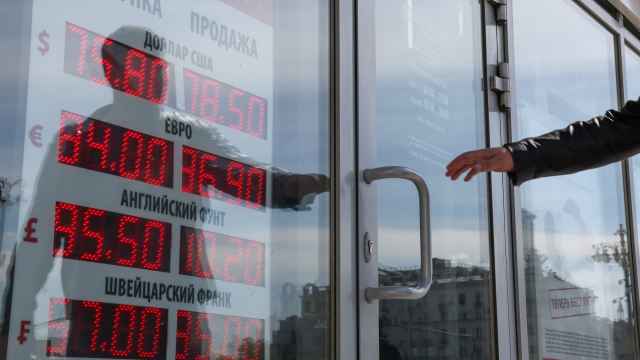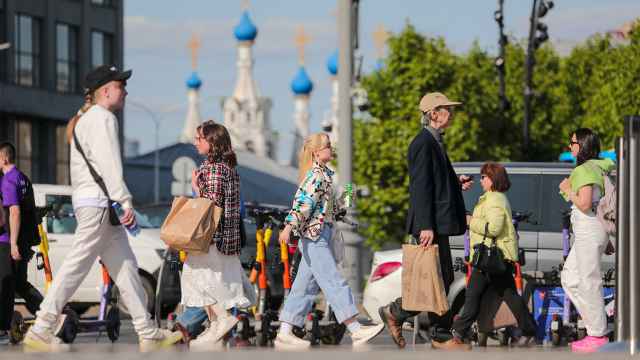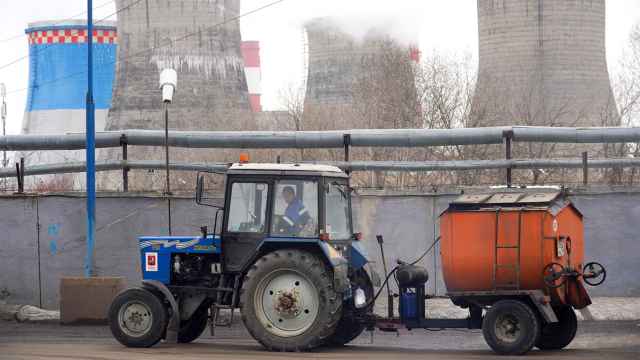The news on July 1 was dominated by the advance of Russia’s football team to the World Cup quarterfinals for the first time in post-Soviet history, protests against pension reforms and the implementation of new controversial new anti-terrorism legislation.
But under the radar of the relentless news cycle, a slew of new laws went into effect, many of which will hurt the wallets of ordinary Russians.
Utility Rate Hikes
City services such as electricity, water and heat will now cost at least 4 percent more in a range of Russian regions, while St. Petersburg and the republic of Sakha are expected to see the biggest hike at 6 percent.
Moscow will see a 3.5 percent hike in utility rates, while prices in the Moscow region will go up by 4.5 percent.
Pricier Cigarettes
The excise duty on cigarettes has increased by 10 percent. Analysts expect the price of cigarettes to go up by at least 5 rubles ($0.07).
But it’s likely that cigarette prices would go up regardless, say experts. “Statistics say that prices grow by 25 percent regardless of how the specific excise [tax] grows,” the chief editor of the Rustabak.ru website Maxim Korolyov wrote.
Ban for Bus Safety
Buses older than 10 years are now banned from transporting children to and from Moscow, St. Petersburg and the outlying regions, with other parts of Russia to be included in the legislation in the coming year.
The new rules also require buses to be equipped with flashing yellow or orange lights while transporting children.
Payment System
Public sector workers will now get paid exclusively using the Mir national card payment system, created and underwritten by Russia’s Central Bank.
Employees who don’t have Mir cards will be forced to accept their wages in cash within 10 days, or risk having their salary returned to the budget.
A Message from The Moscow Times:
Dear readers,
We are facing unprecedented challenges. Russia's Prosecutor General's Office has designated The Moscow Times as an "undesirable" organization, criminalizing our work and putting our staff at risk of prosecution. This follows our earlier unjust labeling as a "foreign agent."
These actions are direct attempts to silence independent journalism in Russia. The authorities claim our work "discredits the decisions of the Russian leadership." We see things differently: we strive to provide accurate, unbiased reporting on Russia.
We, the journalists of The Moscow Times, refuse to be silenced. But to continue our work, we need your help.
Your support, no matter how small, makes a world of difference. If you can, please support us monthly starting from just $2. It's quick to set up, and every contribution makes a significant impact.
By supporting The Moscow Times, you're defending open, independent journalism in the face of repression. Thank you for standing with us.
Remind me later.


